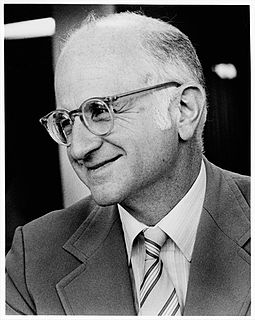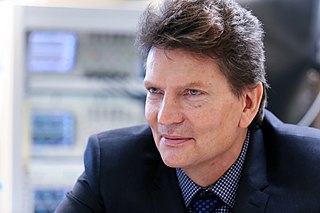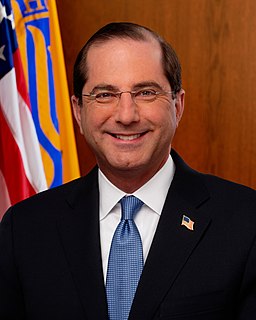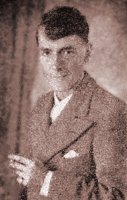A Quote by Rachel Caine
but sometimes optimism is the only drug that works. But it’s sadly temporary in its effects.
Related Quotes
I, quite literally, woke up from a coma, from having tried to kill myself and it was very clear to me what my psychiatrist had been saying for years. The choice is not between a drug that has side effects or not, life is not ideal. Yes, your drug has side effects and yes if you don't take it you're going to die.
It appears to me that one great cause of our difference in opinion on subjects which we often discuss is that you have always in mind the immediate and temporary effects of particular changes, whereas I put these effects quite aside, and fix my whole attention on the long-term effects that will result from them.
The Food and Drug Administration works to protect the interests of all patients and provide them with reliable information about the potential effects of treatments. But government rules should not stand in the way of potentially lifesaving therapies for those who do not have much time or any other options.
The prescribers very often overstate, oversell, and the detail people are only too happy to tell them to do that. This idea that there's something wrong with your brain, and by the way, almost never are these antidepressant medications evaluated with what will happen if you're on them for three, four, five, 10, 15 years. Sometimes some of the side effects that come up come up only later, and sometimes they're very severe, even irreversible side effects.
In 2001, a systematic review of five studies revealed that roughly half of all chiropractic patients experience temporary adverse effects, such as pain, numbness, stiffness, dizziness and headaches. These are relatively minor effects, but the frequency is very high, and this has to be weighed against the limited benefit offered by chiropractors.






































